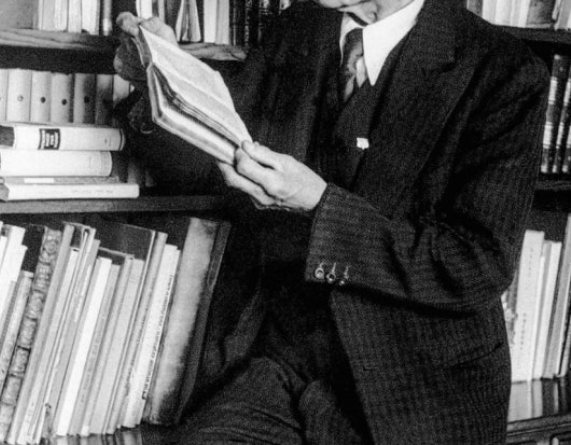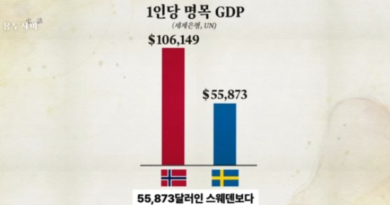데미안의 헤르만 헤세 연구!
🎂, I wish Hermann Hesse a happy birthday.
(1877-1962)
German writer who won the Nobel Prize in Literature in 1946.
The main theme of his work is an individual’s effort to find ‘essential spirit and identity’ by breaking away from the existing civilization style.
“What should I take seriously?
Learn and laugh for the rest.”
“If you hate someone, you hate a part of yourself in that person. What is not part of ourselves does not stand in our way.”
“Wisdom cannot be passed on. The wisdom that a wise man is trying to convey always sounds foolish to others. Knowledge can be passed on, but not wisdom. One can find, practice, and through it, do wonders, but not convey them. And teach me.”
“A man who wants music instead of noise, joy instead of pleasure, soul instead of gold, creative work instead of business, passion instead of foolishness cannot find a home in this trivial world.”
“I used to be and I’m still a rescuer,
I stopped asking questions about stars and books. I began to hear the teachings my blood whispered to me.”
Photo: Penguin Random House and HarperCollins
🎂 Happy Birthday to Hermann Hesse
(1877-1962)
German writer who was awarded the Nobel Prize for Literature in 1946. The main theme of his work is the individual’s efforts to break out of the established modes of civilization so as to find an essential spirit and identity.
“Learn what is to be taken seriously and laugh at the rest.”
“If you hate a person, you hate something in him that is part of yourself. What isn’t part of ourselves doesn’t disturb us.”
“Wisdom cannot be imparted. Wisdom that a wise man attempts to impart always sounds like foolishness to someone else… Knowledge can be communicated, but not wisdom. One can find it, live it, do wonders through it, but one cannot communicate and teach it.”
“Whoever wants music instead of noise, joy instead of pleasure, soul instead of gold, creative work instead of business, passion instead of foolery, finds no home in this trivial world of ours.”
“I have been and still am a seeker, but I have ceased to question stars and books; I have begun to listen to the teaching my blood whispers to me.”
Photo: Penguin Random House & Harper Collins
ㅡㅡㅡㅡㅡ
(데미안 작품에 대한 줄거리와 평!)
“한 존재의 구도의 여정은 진정한
자아에의 신적인 합일로 마무리된다.
고대 신화 세계와 연결될 수 있을 정도로 현실과 동떨어져 있기에 예민한 시대적 상황인 1차대전 중에 마무리된 데미안의 주인공이 시대 착오적이라거나 현실과 실패한 결합이라고 평가되기도 한다.
그 밖에도 전반에 걸쳐 명료하지 못한 언어와 지나친 상징성이 비판받기도 했지만 『데미안』이 치열하게 “한 사람 한 사람의 삶”을 그려내고 있다는 점을 상기한다면, “자기 자신에게로 이르는 길”을 그리는 것으로 헤세는 한 시대를 극복하고자 했던 그의 의도가 이 시대를 살아가는 우리에게 예언적 교훈을 주고 있는 대작이 아닌가 여겨진다.
『데미안(Demian)』(1919)의 첫 구절은 나로부터 시작하여, 나를 향하는 한 존재의 치열한 성장의 기록이다. 진정한 자아의 삶에 대한 추구의 과정이 성찰적으로 또 상징적으로 그려져 있다.
이를 통하여 헤세는 “한 사람 한 사람의 삶은 자기 자신에게로 이르는 길”이며 누구나 나름으로 목표를 향하여 노력하는 소중한 존재임을 상기시킨다.
‘나’를 찾아가는 길은 기존 규범과
결별하는 데에서 시작한다.”
-네이버 지식백과 참조 및 편집-




